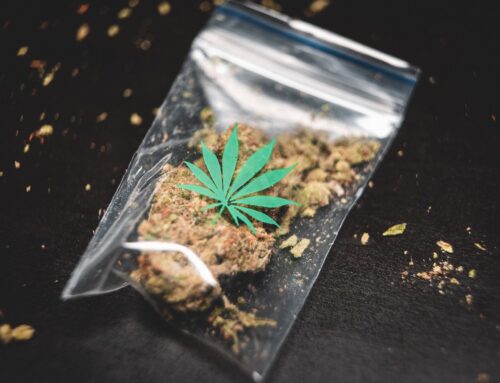In Texas there are many offenses that address minors using alcohol. The Texas Alcoholic Beverage Code defines a minor as someone under the age of 21. The usual offenses I see are Driving Under the Influence of Alcohol (DUI) Minor in Consumption of Alcohol (MIC), and Minor in Possession of Alcohol (MIP) offenses in Texas.
Driving Under the Influence
It’s a little confusing, but in Texas there is a charged called Driving While Intoxicated (“DWI”) and a charge called Driving Under the Influence (“DUI”). The difference between the two charges is that DWI is class B misdemeanor and DUI is a class C misdemeanor. A DUI is punishable by a fine only of up to $500. Only a person under the age of 21 can get a DUI. A person under the age of 21 can still get a DWI if they are intoxicated. A person over the age of 21 cannot get a DUI. Conviction for the class C offense of DUI can trigger a driver’s license suspension much like a conviction for DWI.
Moreover, the offense of “DUI” just sounds bad on your record especially since many states refer to driving while intoxicated offenses at DUI’s.
Alcohol and Class C misdemeanors
DUI, MIC and MIP offenses in Texas are all class C misdemeanors punishable by a fine only. You still need to avoid a conviction for these offenses if you can. A conviction for one of these offenses will also trigger a driver’s license suspension.
These offenses are usually filed in a municipal court or a justice of the peace court. These courts only have jurisdiction over class C misdemeanors. The offenses are relatively easy handle as long as you do not have any prior criminal history. We are always happy to meet with clients to discuss how to handle the cases.

Deferred Disposition
Usually, the best way to handle these cases is to sign up for something called deferred disposition. Deferred disposition is only offered in class C offenses. It means that at the end of the deferral the case will be dismissed. It’s hard to turn down a deferred disposition offer because it’s a guaranteed way to get the case dismissed. Once dismissed it can be erased from your record. Remember, the process of erasing your record (the legal term is “expunction”) does not happen automatically. We can help you erase your record as long as the case is dismissed.
By law any deferred disposition will require that you complete a certain number of community service hours and attend an alcohol awareness class. Usually the number of community service hours is somewhere around 12-24 hours and the alcohol awareness class lasts six hours and costs about $45. The fine and court costs associated with these offenses is usually between $150 and $250 for a first offense. If this is your second offense the number of community service hours will go up as will the fine amount.
I’ve handled 100’s of these kinds of cases. Every time I’m in court I hear another defendant say they are just going to pay the ticket because the law says they can get one offense erased. DO NOT JUST PAY THE TICKET! If you pay the ticket you are technically convicted. Yes, you can have one conviction erased from your record but you’ll still wind up with a driver’s license suspension.
Please note that if you are not a citizen of the United State you will want to consult with an immigration attorney prior to agreeing to any deal.
Let Us Help You!
If you received a ticket for DUI, MIC, MIP, or any other class C offense give us a call and we’ll tell the best way to handle the matter.






